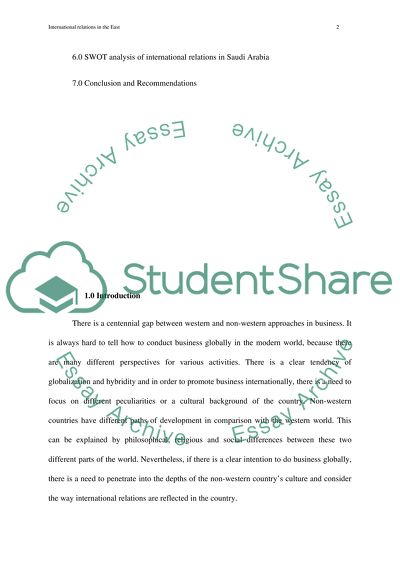Cite this document
(“Saudi Arabia. To what extent do non-western approaches in Essay”, n.d.)
Retrieved from https://studentshare.org/history/1397790-saudi-arabia-to-what-extent-do-non-western-approaches-in-international-relations-continue-to-be-marginalized
Retrieved from https://studentshare.org/history/1397790-saudi-arabia-to-what-extent-do-non-western-approaches-in-international-relations-continue-to-be-marginalized
(Saudi Arabia. To What Extent Do Non-Western Approaches in Essay)
https://studentshare.org/history/1397790-saudi-arabia-to-what-extent-do-non-western-approaches-in-international-relations-continue-to-be-marginalized.
https://studentshare.org/history/1397790-saudi-arabia-to-what-extent-do-non-western-approaches-in-international-relations-continue-to-be-marginalized.
“Saudi Arabia. To What Extent Do Non-Western Approaches in Essay”, n.d. https://studentshare.org/history/1397790-saudi-arabia-to-what-extent-do-non-western-approaches-in-international-relations-continue-to-be-marginalized.


